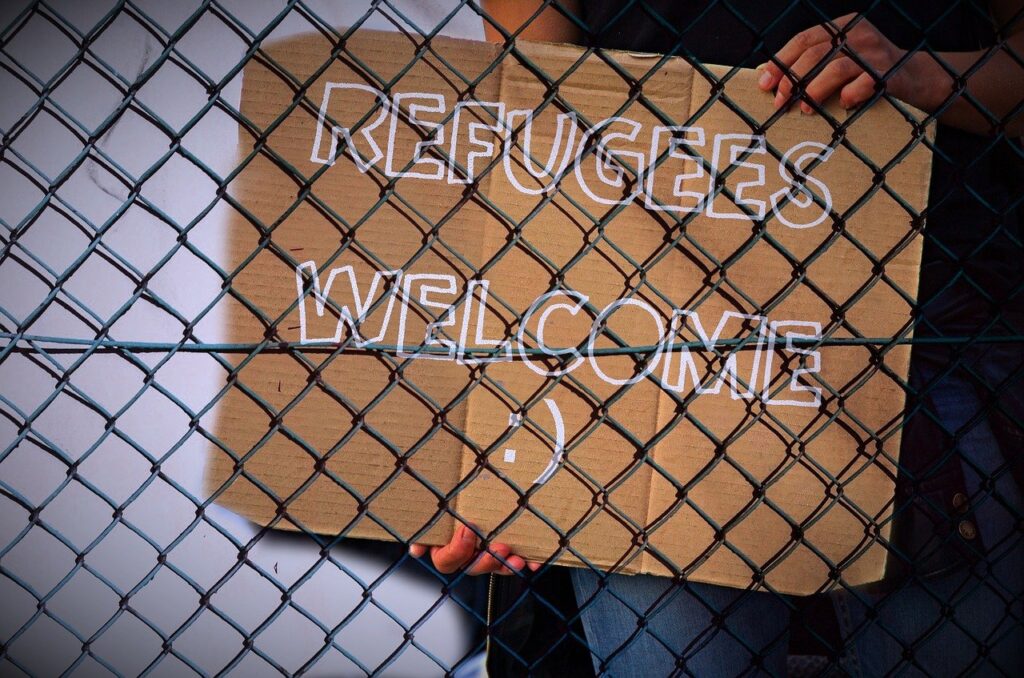
On Wednesday 24 September we convened an emergency Solidarity Session in response to the government’s sudden suspension of Refugee Family Reunion. Despite a very short notice period, the session was attended by nearly 70 people from all parts of the UK: Nottingham, Leeds, Brighton, Glasgow, Evesham, Colchester, Staffordshire, London, South Wales, Liverpool, Reading and so on.
This was our first chance to come together after the devastating announcement on 1 September that no further applications would be accepted after 3pm on 4 September giving families just 48 hours’ notice. While we recognise we don’t have all the answers, it is essential that we hold space for those most impacted to be heard fully, and that our responses and next steps are centred on lived experience as much as possible.
Family reunion has long been a vital lifeline for refugees, allowing them to reunite with children, partners, and loved ones after being granted protection in the UK. With the suspension now in place until new rules are introduced in Spring 2026, families are left facing separation, fear, and deep uncertainty.
Our These Walls Must Fall Organiser, Maggy, opened the space with searing honesty about the moment we are in:
“I have been organising for the past five years, and I have never felt as scared, anxious, angry, and helpless as I do now… We went from being celebrated as frontline workers during Covid, to being scapegoated for every broken system this government cannot fix. We are the most hated community, the hostility is just too much. People are overwhelmed.”
Only the previous day, Maggy, Ally and Eiri were in Liverpool with our close colleagues and new allies, steadying ourselves against the tide of terrifying events and announcements that are designed to scapegoat and harm refugees and migrants. These Walls Must Fall is Right to Remain’s lived-experience-led campaigning and organisation group: for its campaigners and us, it has been an intense period. It felt extra vital to have this online Solidarity Session, not to be silenced.
We heard from two of our members Lady B and Julius, who shared powerful testimonies about the realities of moving from seeking asylum to becoming a recognised refugee in the UK. Both explained that this transition is far from simple. Recognition as a refugee does not mean security. It often opens the door to a new set of challenges.
One of the first struggles is housing. With a well-known housing crisis across the UK, finding stable accommodation is a battle in itself. Without a permanent place to live, it is almost impossible to think about starting work, studying, or applying for family reunion. Yet it is at this point,once housing is secured,that the painful process of family reunion begins. For many, this means waiting years to see children or spouses again, with each day of separation adding to mental and emotional strain.
Finding employment is another mountain. Years spent in the asylum system leave huge gaps in CVs, which employers rarely overlook. Those who are fortunate may find jobs as healthcare assistants, but often only through agencies with insecure hours and low pay. Before even talking about meeting the government’s minimum income requirements for family reunion, the real struggle is simply securing a permanent, stable job.
Lady B’s story captures this contradiction. “I am a qualified lawyer from Africa, but here I cannot practise unless I retrain and gain UK accreditation,” she told us. Her passion is to continue supporting migrant women, and she already volunteers at 4Wings, helping women who could not apply for family reunion in time. “I have spent my life fighting for other women, and now I feel helpless because I cannot fight for myself,” she admitted. For now, she is searching for any law firm that will take her on as a volunteer, just to familiarise herself with the UK legal system. Her journey is one of resilience, but also of systemic barriers that waste skills and delay dreams.
Julius’s story is equally sobering. “I live alone in a three-bedroom house,” he said during the session. “Every chair at my dinner table is empty, because my children are not here. They call me a liar now, they think I’ve broken every promise I made to them.” Despite the emotional toll, Julius continues to work long hours while saving for the expensive applications that might one day bring his family to join him. In the meantime, he pays rent and bills for an empty home, a constant reminder of the loved ones he has been forced to leave behind.
Both Lady B and Julius remind us that becoming a refugee is not the end of the struggle, it is the beginning of a new phase filled with economic, social, and emotional challenges. Recognition does not erase trauma. Instead, it exposes the gaps in a system that promises safety but often delivers isolation and more obstacles.
Their testimonies challenge us to look beyond headlines and policies. They ask us to see the people, the families, and the daily struggles hidden behind immigration rules. And they remind us why campaigns for fairer family reunion policies are not just about law, but about dignity, humanity, and the right to be together.
We were also grateful to hear from Sonia Lenegan (Free Movement) and Bethan Lant (Praxis), who broke down the key differences between the suspended Refugee Family Reunion route and the stricter Appendix FM rules now in place. They broke things down in a way that cut through the noise and their clarity helped to demystify a system that so often feels deliberately overwhelming.
While Appendix FM is far more demanding, with higher fees, accommodation requirements, income thresholds, and language tests, they reminded us that options do remain, and taking action in a timely manner is important. Families who applied before the September deadline should still have their applications processed under the old rules. For those now forced to apply through Appendix FM, there are still arguments to be made: around exceptional circumstances, Article 8 rights to family life, and the use of fee waivers. They also stressed the importance of being able to clearly explain to the Home Office why certain, requested evidence is not available, and of holding patience through the endless to-and-fro with the Home Office’s often illogical decision-making.
Despite all the obstacles and with a huge caveat about the new rules that the Home Office say they will introduce next year, both Sonia and Bethan reminded us that we do not give up hope. The system is hostile, but it can be challenged. With knowledge, support, persistence, and solidarity, families can and do succeed. At the same time, we will continue to fight these changes, because family reunion is a right, not a privilege.
Our Legal Education Officer, Ally, closed the session by summing up what we had heard and focusing on the road ahead. What is clear now is knowledge is power – people affected need plenty of opportunities to fully understand what is happening and what their options might be. Also, it is very clear that support roles are critical: legal support to navigate the complexities of Appendix FM; practical support to help families gather documents and evidence; and emotional support to sustain people through the long waits, uncertainty, and painful decisions. Each role matters. None of us can carry this alone but together, we can hold steady, resist despair, and keep fighting for reunion, dignity, and justice.
This session will not be the last. In the weeks to come, we will continue to gather and ask the urgent questions: what do we do next, how do we organise around this moment, and how do we ensure our communities remain connected, supported, and ready to resist.
If you are a refugee impacted by this change and would like to be involved in These Walls Must Fall campaign, please contact maggy@righttoremain.org.uk



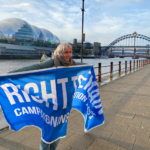

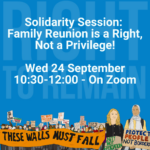






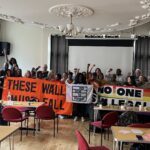
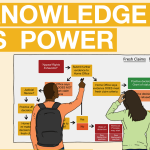
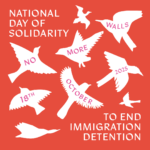
Discussion: